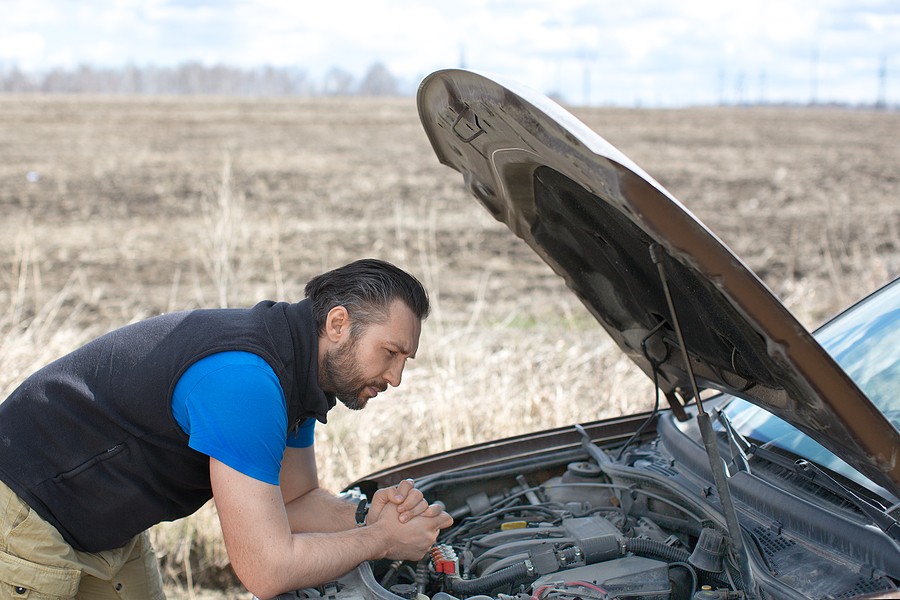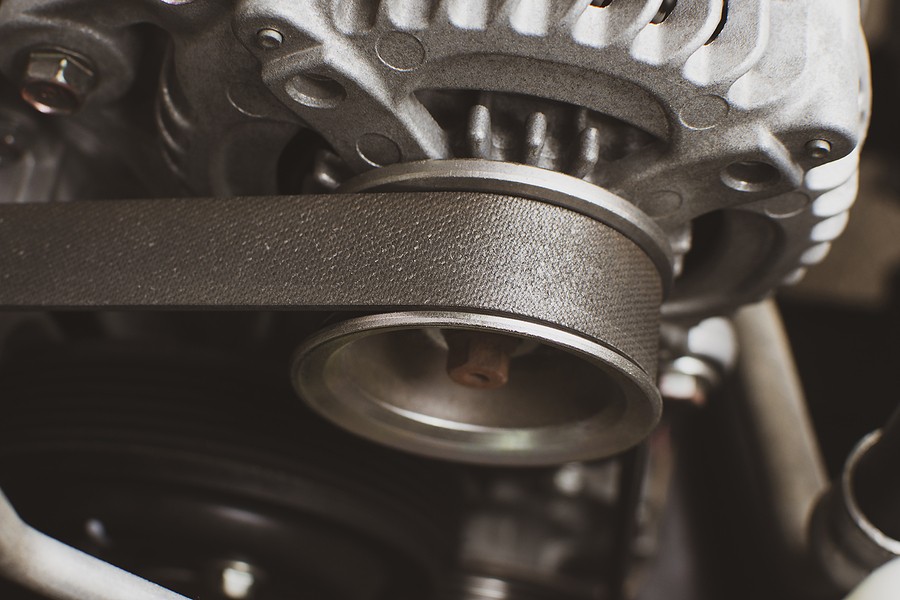The average cost to replace an alternator ranges from $350 to $400. This cost can vary based on the model of the car and the labor involved.
Key Factors Affecting Cost
- Alternator Price: The alternator itself typically costs between $100 and $350. The price varies depending on the car model and the alternator's specifications.
- Labor Costs: Labor charges can significantly affect the total cost. The time taken for replacement usually ranges from one to three hours, depending on the complexity of the vehicle's design.
- Additional Parts: If other parts like the serpentine belt need replacing alongside the alternator, this can add $20 to $50 to your bill.
In-Depth: Understanding Alternator Replacement
Replacing an alternator is not just about swapping out a part; it's about maintaining the heart of your vehicle's electrical system. This section covers everything from recognizing a failing alternator to understanding the replacement process.
Recognizing a Failing Alternator
- Symptoms of a Bad Alternator: Look out for signs like trouble starting the car, frequent stalling, unusual noises after starting, dimming or brightening lights, burning smells, and the battery dashboard warning light.
- Impact of a Bad Alternator: A failing alternator can lead to a dead battery and potentially leave you stranded. It's essential to address alternator issues promptly to avoid further damage to the electrical system.
- Testing the Alternator: If you suspect alternator issues, a simple voltage check using a multimeter can confirm your suspicions. A healthy alternator should produce around 13.8 to 14.6 volts.
Alternator Replacement Process
- Assessing the Alternator: A mechanic will first confirm the alternator's failure through diagnostic tests before recommending a replacement.
- Choosing the Right Alternator: Selecting a compatible alternator for your vehicle is crucial. OEM (Original Equipment Manufacturer) parts are recommended for longevity and reliability.
- The Replacement Procedure: The mechanic will remove the old alternator, install the new one, and ensure all connections are secure and functioning correctly.
Post-Replacement Considerations
- Checking Electrical Systems: After installation, it's important to check that all electrical components in the vehicle are functioning correctly.
- Maintenance Tips: Regular checks of the alternator and battery can prevent future failures. Keeping an eye on the battery's age and condition is also advisable.
- Warranty and Guarantees: Always inquire about warranties on the new alternator and the labor involved in the installation.

Cost Comparison and Considerations
It's essential to understand how different options and scenarios can affect the overall cost of alternator replacement.
DIY vs. Professional Replacement
- DIY Considerations: While replacing an alternator can be a DIY job for those with mechanical skills, it requires the right tools and knowledge. Improper installation can lead to more significant issues.
- Professional Services: A professional mechanic can ensure a proper and safe replacement. They can also diagnose any additional issues that might not be apparent to a DIY enthusiast.
- Cost-Benefit Analysis: While DIY might seem cheaper, the risk of incorrect installation and the potential for additional damage can make professional services more cost-effective in the long run.
When to Replace vs. Repair
- Evaluating Repair Costs: In some cases, an alternator can be repaired. This is typically less expensive but not always the best long-term solution.
- Longevity Considerations: A new alternator generally offers more reliability and longevity compared to a repaired one.
- Making the Right Choice: Consider factors like the age of your car and the condition of the current alternator when deciding between repair and replacement.
Impact of Car Model on Costs
- Luxury and Performance Vehicles: Higher-end cars often require more expensive alternators and higher labor costs due to complex engineering.
- Economy and Standard Models: More common vehicles usually have more affordable alternator options and lower labor costs.
- Finding the Best Deal: Regardless of your car model, it's beneficial to get quotes from multiple mechanics to find the best price and service quality.

FAQs: Everything Else You Need to Know
Here, we answer some common questions related to alternator replacement, ensuring you have all the information you need.
- Is it worth it to replace an alternator? Yes, as a vital component of your vehicle's electrical system, replacing a failing alternator is crucial for maintaining your car's health and functionality.
- Is a starter or alternator more expensive to replace? Generally, an alternator is more costly to replace due to its complexity and importance in the vehicle's electrical system.
- How long does an alternator replacement take? Typically, it takes about one to three hours, depending on the vehicle model and the mechanic's expertise.

Conclusion: Ensuring Your Vehicle's Health
Replacing your alternator is a vital investment in your vehicle's longevity and reliability. By understanding the costs involved and the importance of this critical component, you can make informed decisions to keep your car running smoothly. Remember, a functioning alternator not only powers your vehicle but also ensures your safety and convenience on the road.

Reach Out for Expert Assistance
If you're considering selling your car, regardless of its condition or type, contact Cash Cars Buyer. We offer competitive prices for vehicles in any state. Reach us at 773-791-4363 for a hassle-free selling experience. Or you can fill out our online form to get your instant offer by clicking here!



